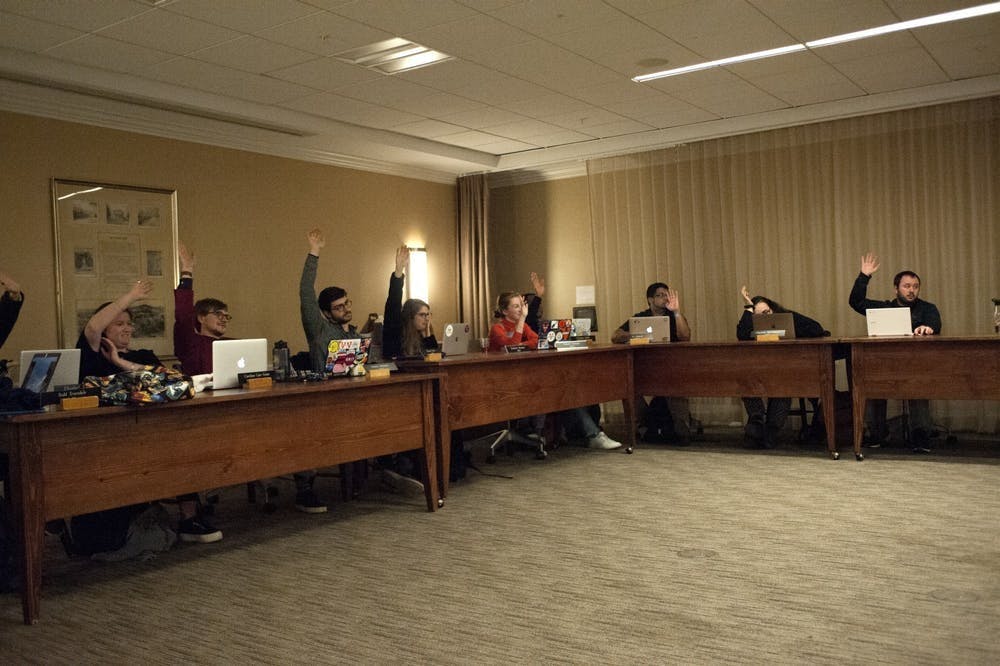The country is facing an unemployment crisis of unprecedented proportions. Rent strikes are gaining momentum in communities around the country, and students are pressuring the University to implement equitable responses with a petition and Student Council resolution. Amid the chaos, classist language in the Honor Committee’s definition of stealing is getting new attention. Landlords and property companies have begun to threaten to report students to Honor for failure to pay their rent — despite students losing wages, jobs and facing unparalleled changes to their daily lives. Student self-governance is being weaponized against students by outside forces — the Community of Trust is under threat, and Honor must defend it.
According to Honor’s website, stealing is defined as, “Without limitation, the passing of bad checks, the failure to pay for goods or services received, the failure to pay rent, and other failures to fulfill lawful financial obligations.” This definition is a product of another time. It fails to recognize that every student is in a unique socioeconomic situation, that as much as 78 percent live paycheck-to-paycheck and that a single event — like losing your job because of a deadly pandemic — could radically alter their ability to pay rent. Honor’s current language assumes that every student will always be able to “fulfill lawful financial obligations” — it assumes an equal playing field and a socioeconomically homogenous student body.
If a report of failure to pay rent were to be received, the Honor Process Chart describes the three courses of action. Assuming the student does not submit an Informed Retraction — what is essentially a guilty plea — or request a Contributory Health Impairment hearing, Honor will begin a full investigation and hold a hearing by the Investigative Panel. This process would subject a student to a potentially weeks-long Honor investigation. While it’s likely the I-Panel would find the case does not meet the “significance” criteria — meaning the student did not significantly harm the Community of Trust — or that the report was filed in “bad faith” — meaning the reporter had a dishonest intent — the damage would have already been done. Students facing eviction, facing lost wages or lost jobs and a deadly pandemic do not need an Honor case thrown into the mix because they were late on their rent.
However, it is not enough for Honor to stay silent or hide behind its “significance” and “bad faith” limitations. The mere act of accepting a report of failure to pay rent and investigating it as if it's legitimate — especially in the current situation — harms not only the student being reported, but the Community of Trust as a whole. It sets a dangerous precedent that landlords can hold the Honor Code over students' heads, and financially coerce or extort them with the threat of being reported. It does not adequately account for students who simply cannot pay.
Landlords and property companies are abusing our system of student self-governance to personally target vulnerable students out of greed and spite. They are weaponizing the Honor Committee and extorting students with threats of Honor reports and dismissal from the University. They are not acting to ensure accountability among students or a preservation of the Community of Trust, they are acting to ensure they get their paycheck — no matter the personal cost. Honor must be clear — this capitalist treachery from landlords will not be tolerated. The Community of Trust cannot be tainted with extortion. Honor must immediately announce it will refuse to accept reports of failure to pay rent, and it must begin a complete and thorough review of the sections of the Honor Code pertaining to financial obligations. It must shield the community from the corrupt and dishonest motives of landlords and property companies.
The Honor system is not a bargaining chip that landlords and property companies can toss around in negotiations with students — it is a mode of academic and interpersonal accountability unlike that present at any other university. The Community of Trust is not an authoritarian, exploitative police state — it is a mutually supportive and uplifting network. Honor must continuously work to unite us as a community and provide equitable solutions to the problems facing us — it cannot stratify us by class.
Noah Strike is an Opinion Columnist for The Cavalier Daily. He can be reached at opinion@cavalierdaily.org.
The opinions expressed in this column are not necessarily those of The Cavalier Daily. Columns represent the views of the authors alone.







